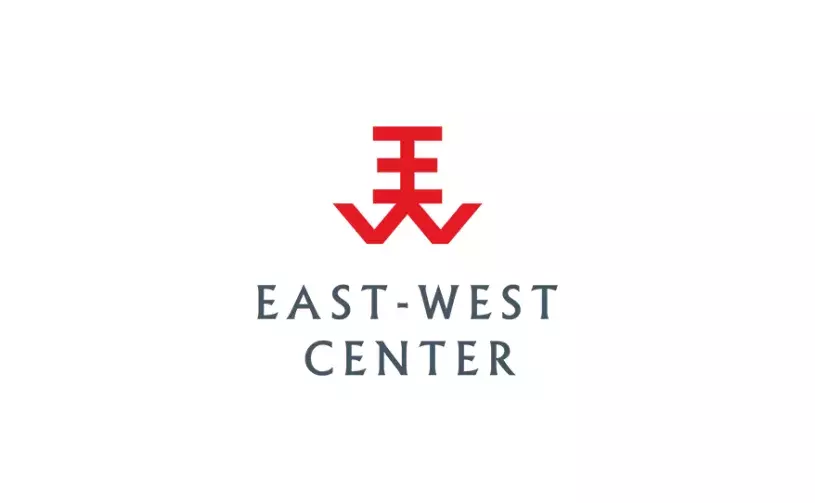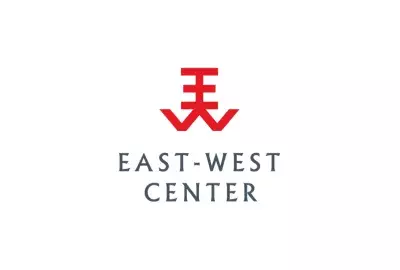Error message

Publication of this working paper is forthcoming in the Journal of Travel Research.
This paper reviews recent trends in travel and tourism in the U.S. and Hawaii to ascertain how the terrorist attacks of 9/11 and subsequent terrible global events affected their tourism flows and the manner and pace of their recovery. We note that tourism in the U.S. has not fully recovered from 9/11 and other international shocks; indeed recovery of international travel to the U.S. may be a long way off. By contrast, Hawaii tourism is enjoying robust growth in the aftermath of 9/11 as growth in tourist arrivals from the U.S. mainland has more than offset declines in Japanese and other international visitors. We suggest that Hawaii's current tourism boom is in part explained by the diversion of U.S. travel from foreign travel. The paper demonstrates the usefulness of vector error correction models to generate dynamic visitor forecasts which we use to ascertain whether tourism in Hawaii has fully recovered from 9/11 and other terrible international events. The paper considers policy options for facilitating the recovery of international tourism to the U.S.
Publication of this working paper is forthcoming in the Journal of Travel Research.
This paper reviews recent trends in travel and tourism in the U.S. and Hawaii to ascertain how the terrorist attacks of 9/11 and subsequent terrible global events affected their tourism flows and the manner and pace of their recovery. We note that tourism in the U.S. has not fully recovered from 9/11 and other international shocks; indeed recovery of international travel to the U.S. may be a long way off. By contrast, Hawaii tourism is enjoying robust growth in the aftermath of 9/11 as growth in tourist arrivals from the U.S. mainland has more than offset declines in Japanese and other international visitors. We suggest that Hawaii's current tourism boom is in part explained by the diversion of U.S. travel from foreign travel. The paper demonstrates the usefulness of vector error correction models to generate dynamic visitor forecasts which we use to ascertain whether tourism in Hawaii has fully recovered from 9/11 and other terrible international events. The paper considers policy options for facilitating the recovery of international tourism to the U.S.





